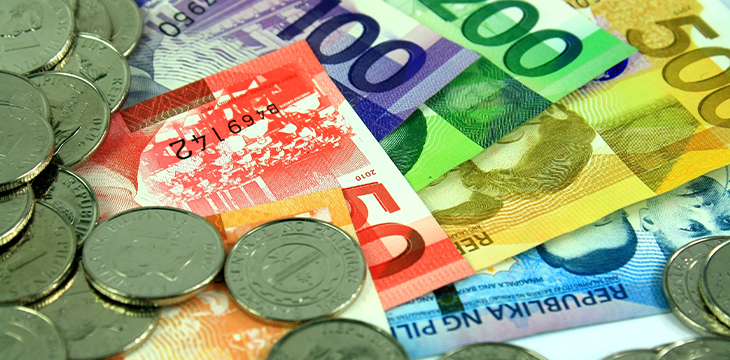|
Getting your Trinity Audio player ready...
|
The Philippines will not be one of the rising numbers of countries that intend to issue a central bank digital currency (CBDC). Speaking recently, the country’s central bank governor said that most residents prefer cash and that the settlement systems in the country are efficient enough in their current status.
The Philippines has touted a wholesale CBDC in the past, with the latest instance being in November 2021. At the time, Bangko Sentral ng Pilipinas (BSP) Governor Benjamin Diokno said that the bank would go “into digital currency maybe at some point in the near future but this will be wholesale rather than retail.”
In his latest comments on the issue, the governor has dismissed any possibilities of a digital peso.
“The BSP has no plans to introduce a CBDC in the near term primarily because the population remains heavily cash reliant given the country’s efficient and effective payment and settlement systems,” Diokno commented.
Currently, the BSP says that 53% of all Filipinos have an account with a financial institution, putting the figure around 58 million people. By the end of 2023, the bank hopes to have raised this figure to 70%.
The bank further says that in 2020, just one in five of all payments were done digitally. It hopes to raise those figures to at least 50% by 2023, but it won’t be relying on a digital currency for this. For now, the bank is conducting research on a CBDC, weighing various use cases.
“Exploratory works on identified uses cases for CBDC in the Philippines are currently being undertaken for cross-border payments, settlement of equity securities, and intraday liquidity facility,” Diokno stated.
For the Philippines, the development of a digital peso will be highly dependent on the success of the country’s digital identification system, one expert believes. Swarup Gupta, an industry manager at the Economist Intelligence Unit, said that the ID system, known as the Philippine Identification System, will allow the central bank to deploy a CBDC easily.
Gupta opined that the BSP has every right to be hesitant when it comes to a CBDC. Currently, the Filipino economy suffers from a raft of challenges that could make CBDC issuance a difficult task.
“A gaping digital divide in poor areas of emerging Asia, which includes the likes of both India and the Philippines, could hinder a major objective of such projects: financial inclusion. The major risks of launching a CBDC include raising the importance of the central bank to the point of crowding out the innovation of private players,” he told local paper Business World.
To learn more about central bank digital currencies and some of the design decisions that need to be considered when creating and launching it, read nChain’s CBDC playbook.
Watch: CoinGeek New York presentation, Increasing Footprints of BSV Blockchain in Middle East & South Asia

 03-01-2026
03-01-2026 




